It’s time to show you a little bit of what I’m involved in. Are you ready?
My voluntary work is for an Indian NGO (non-governmental organisation) in Goa called Bethesda Life Centre, founded and run by Martin and Beena Philip. This charity has been taking in abandoned children for 17 years, giving them a home, a family, food, education and hope, regardless of religion, class or gender.
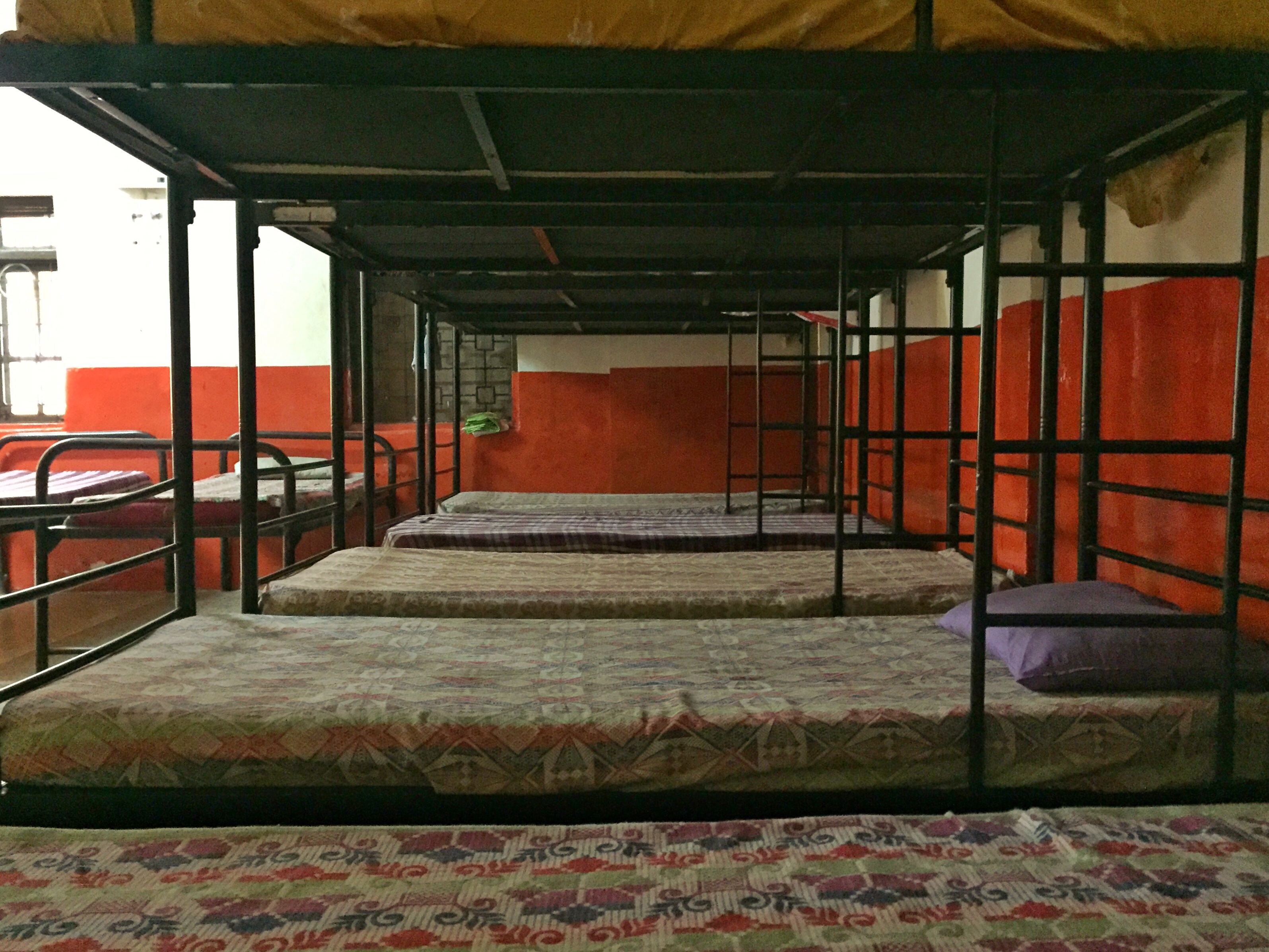 The pounding heart pumping blood through the veins of Martin and Beena’s vision is tattooed with the words “live life to the fullest”. It’s a strong motto that seems to seep out of the lives of every child living in the three* care homes at BLC. A lot of care homes in India are regimental and monochrome, producing some very rigid children, but in BLC, life is reverberating out of the walls. The (organised) freedom with which the children live allows for individuality and uniqueness, which will go on to create open, accepting and inclusive adults.
The pounding heart pumping blood through the veins of Martin and Beena’s vision is tattooed with the words “live life to the fullest”. It’s a strong motto that seems to seep out of the lives of every child living in the three* care homes at BLC. A lot of care homes in India are regimental and monochrome, producing some very rigid children, but in BLC, life is reverberating out of the walls. The (organised) freedom with which the children live allows for individuality and uniqueness, which will go on to create open, accepting and inclusive adults.
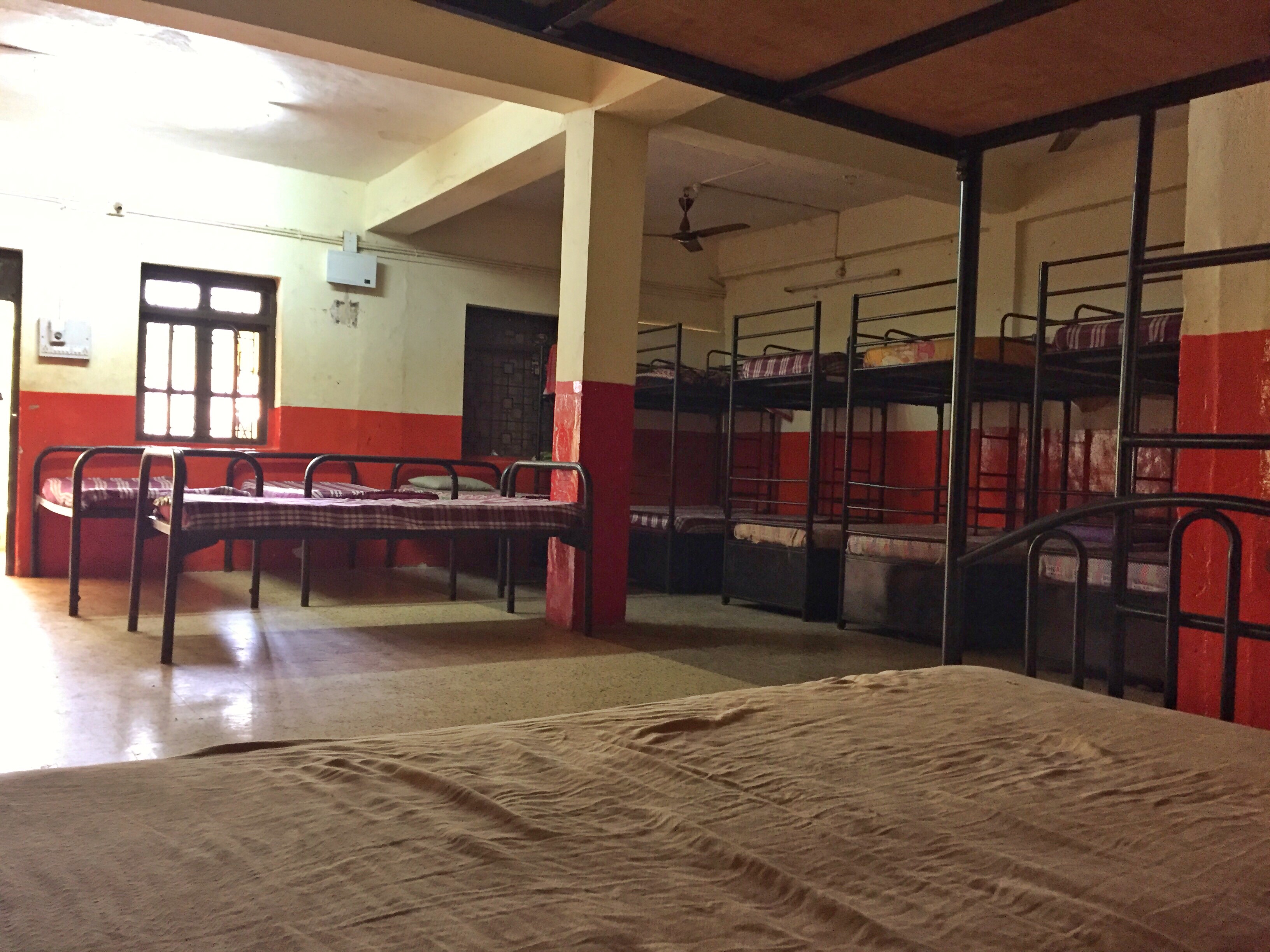
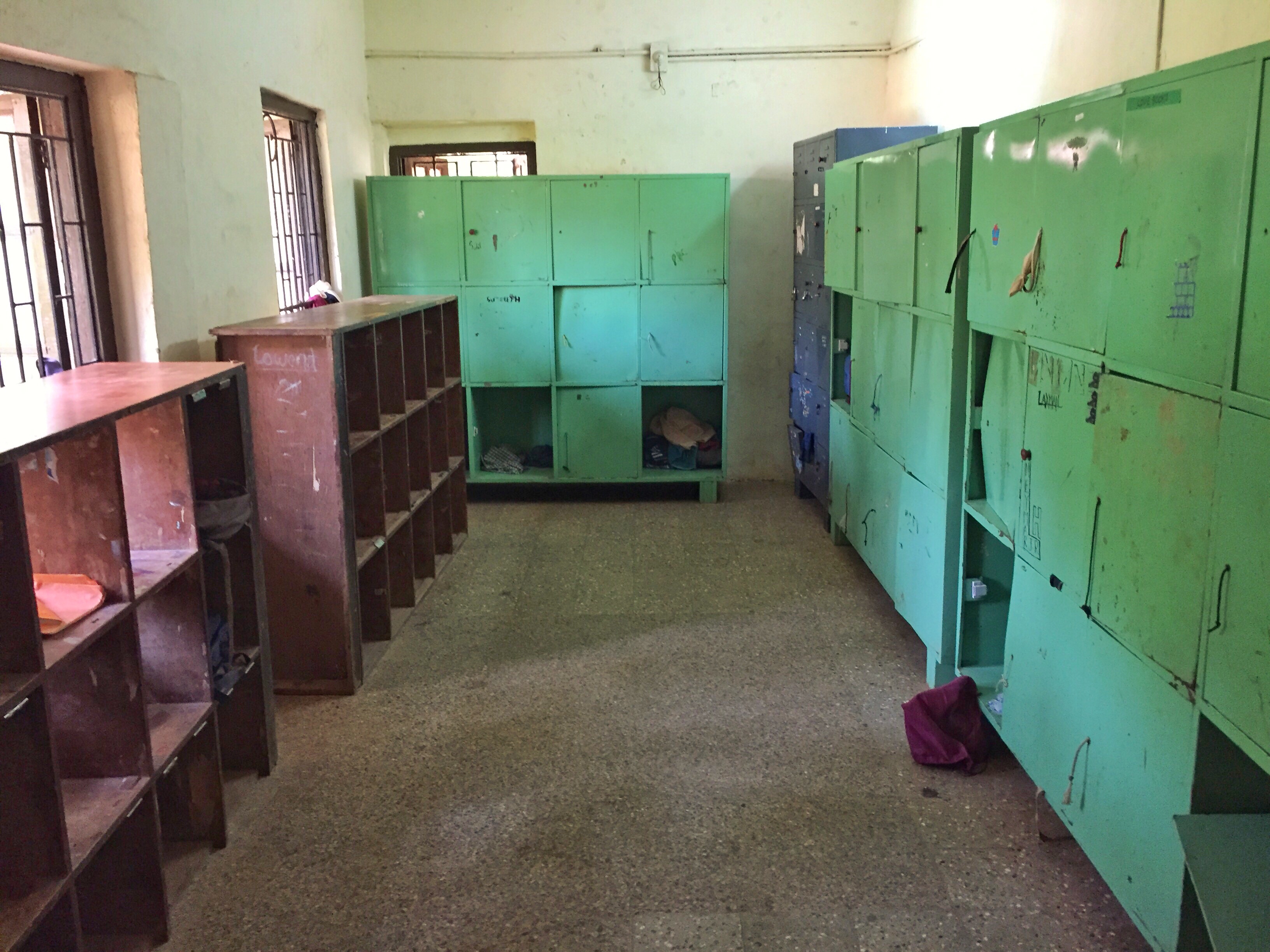 BLC also looks after women who are HIV-positive – a project called the Sunflower project – and on Saturday I went to a meeting where all the Sunflower ladies gathered. It was beautiful to finally meet them and see them all together. I was moved to here them come together and sing a Hindi song. My Hindi is getting there but I didn’t understand most of what they were singing, but then again I didn’t need to – music can say more than words and sentences can. Beena pointed out a girl walking up to the meeting in a beautiful dress, and told me that not long ago she was at deaths door but now she’s living her life, healthy, safe and thriving.
BLC also looks after women who are HIV-positive – a project called the Sunflower project – and on Saturday I went to a meeting where all the Sunflower ladies gathered. It was beautiful to finally meet them and see them all together. I was moved to here them come together and sing a Hindi song. My Hindi is getting there but I didn’t understand most of what they were singing, but then again I didn’t need to – music can say more than words and sentences can. Beena pointed out a girl walking up to the meeting in a beautiful dress, and told me that not long ago she was at deaths door but now she’s living her life, healthy, safe and thriving.
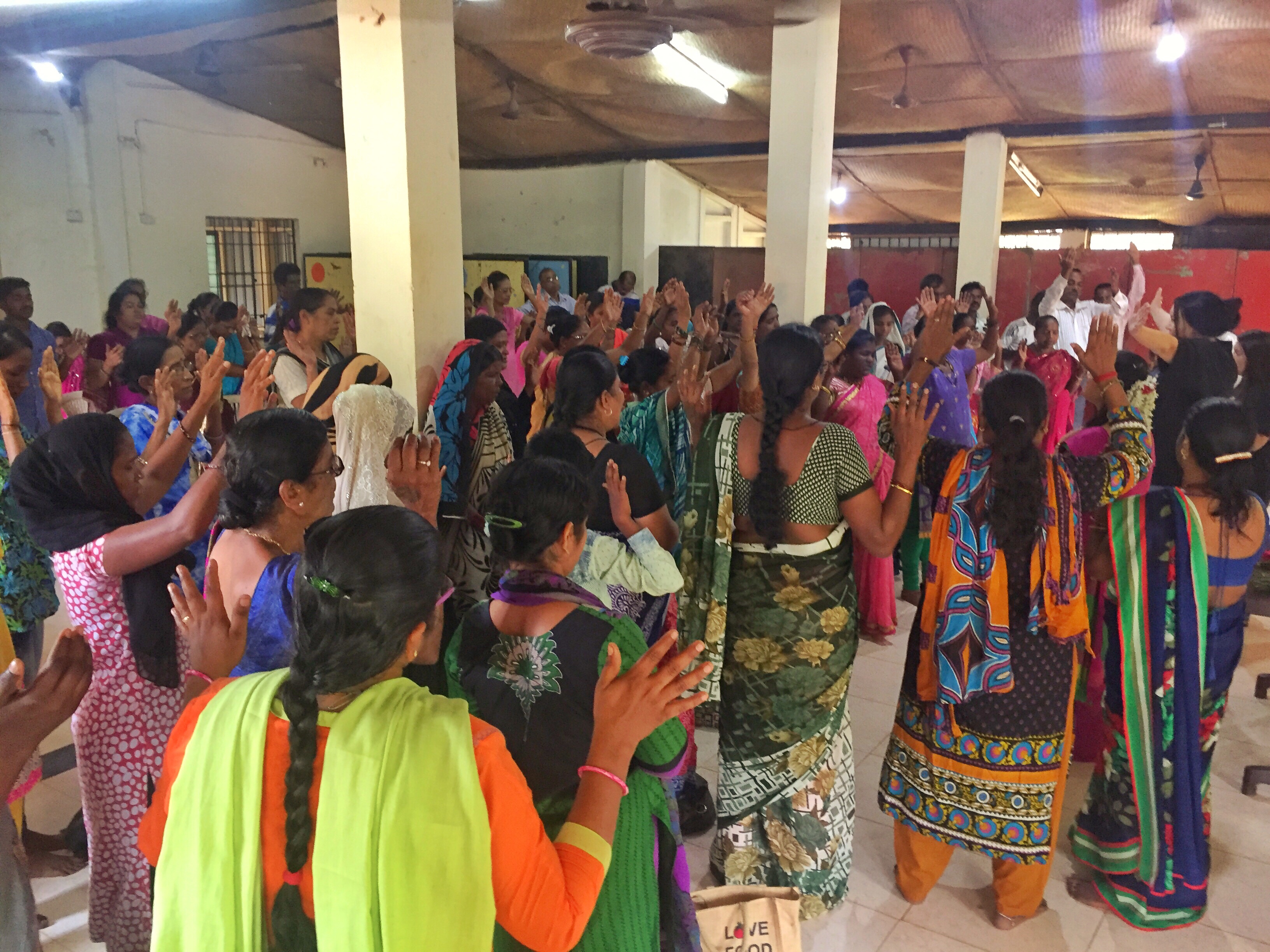 On Wednesday it was Martin’s birthday and he was treated to a birthday for a king. The children had made enormous cards for him, filled with heart-felt gratitude, his friends from church got together and gave him a cake and money and a celebration, and he was visited by the boys who have graduated from BLC and are now working, most of them in the hotel industry. It was moving and inspiring to see these young men, living great lives with a hope for an amazing future, all because of the actions of two beautiful people – Martin and Beena.
On Wednesday it was Martin’s birthday and he was treated to a birthday for a king. The children had made enormous cards for him, filled with heart-felt gratitude, his friends from church got together and gave him a cake and money and a celebration, and he was visited by the boys who have graduated from BLC and are now working, most of them in the hotel industry. It was moving and inspiring to see these young men, living great lives with a hope for an amazing future, all because of the actions of two beautiful people – Martin and Beena.
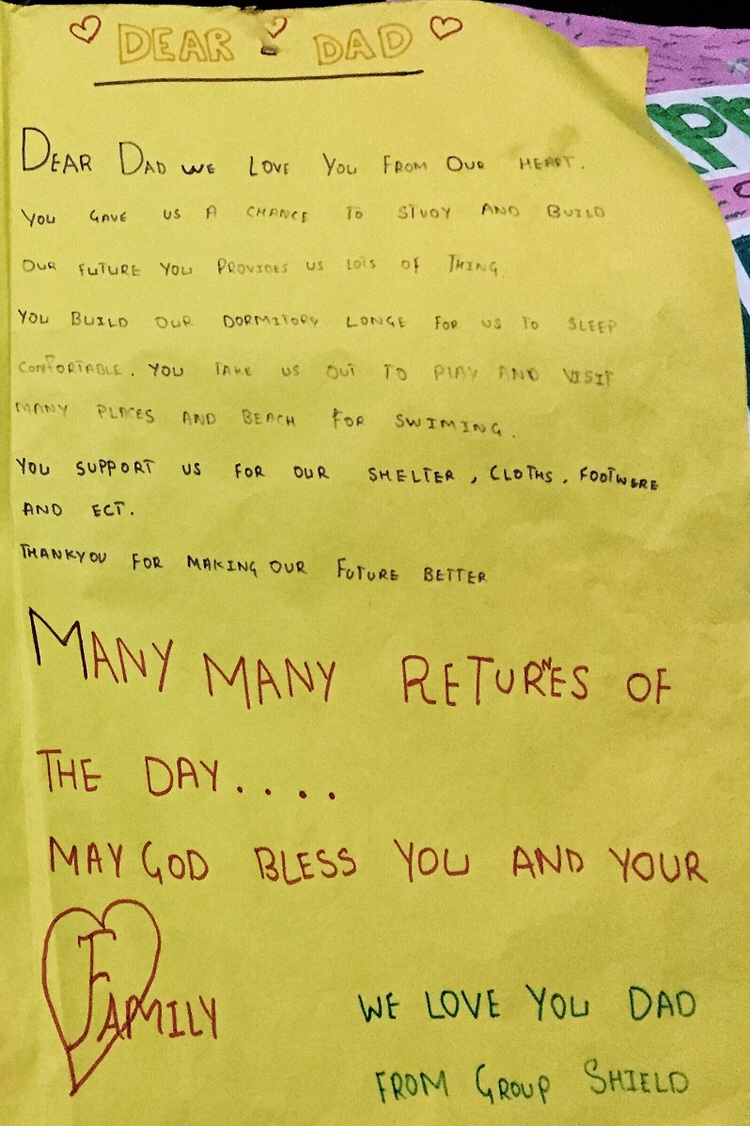
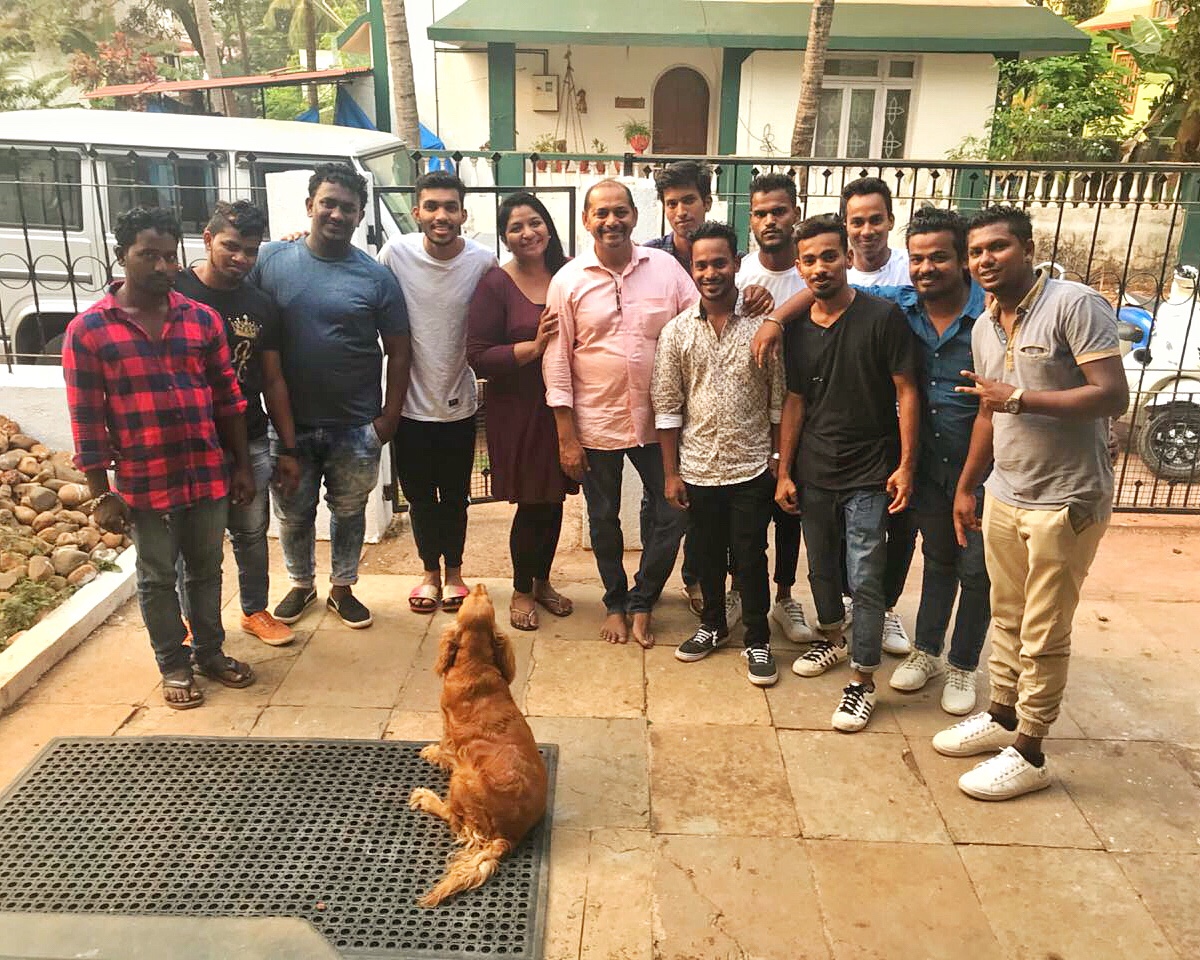 The senior boys I work with share that same inspiring nature. I could write about Vishnu, who has the most heart-warming laugh and smile. I could write about Samir, who wraps his arms around me every time he sees me, or Manjunath, whose bubbly sense of humour is infinitely infectious. There’s Samuel, who almost didn’t make it to his first birthday but is now sitting his 10th grade exams. There’s Vijay who is always smiling through his braces, possibly because he’s seen an opportunity for a prank.
The senior boys I work with share that same inspiring nature. I could write about Vishnu, who has the most heart-warming laugh and smile. I could write about Samir, who wraps his arms around me every time he sees me, or Manjunath, whose bubbly sense of humour is infinitely infectious. There’s Samuel, who almost didn’t make it to his first birthday but is now sitting his 10th grade exams. There’s Vijay who is always smiling through his braces, possibly because he’s seen an opportunity for a prank.
Today, though, I want to tell you about Khwaja. Khwaja is 16 and highly academic. He gets on very well with adults, but doesn’t quite click with children of his own age, and because of this, he’s more comfortable living in the junior boys home. It’s something I can relate to – when I was a teenager, I didn’t like teenagers, mostly because they bullied me in P.E., but also because I was a sensitive, creative kid who either wanted to play piano or talk about Doctor Who during break-time. Khwaja has that same creative spark. On Saturday he wanted to show me his book of poems. It was a regular A4 loose-leaf paper pad with “Khwaja’s Poetry Book” written in blue ink on the blue cover. Inside were 37 poems written by this boy. I didn’t know what to expect, so I asked him to show me the one he’s most proud of. He turned to a poem called “When I Lost Someone Like You” written in blue biro on a page marked VII, written in January 2016 when he was 14 years old.
It read:
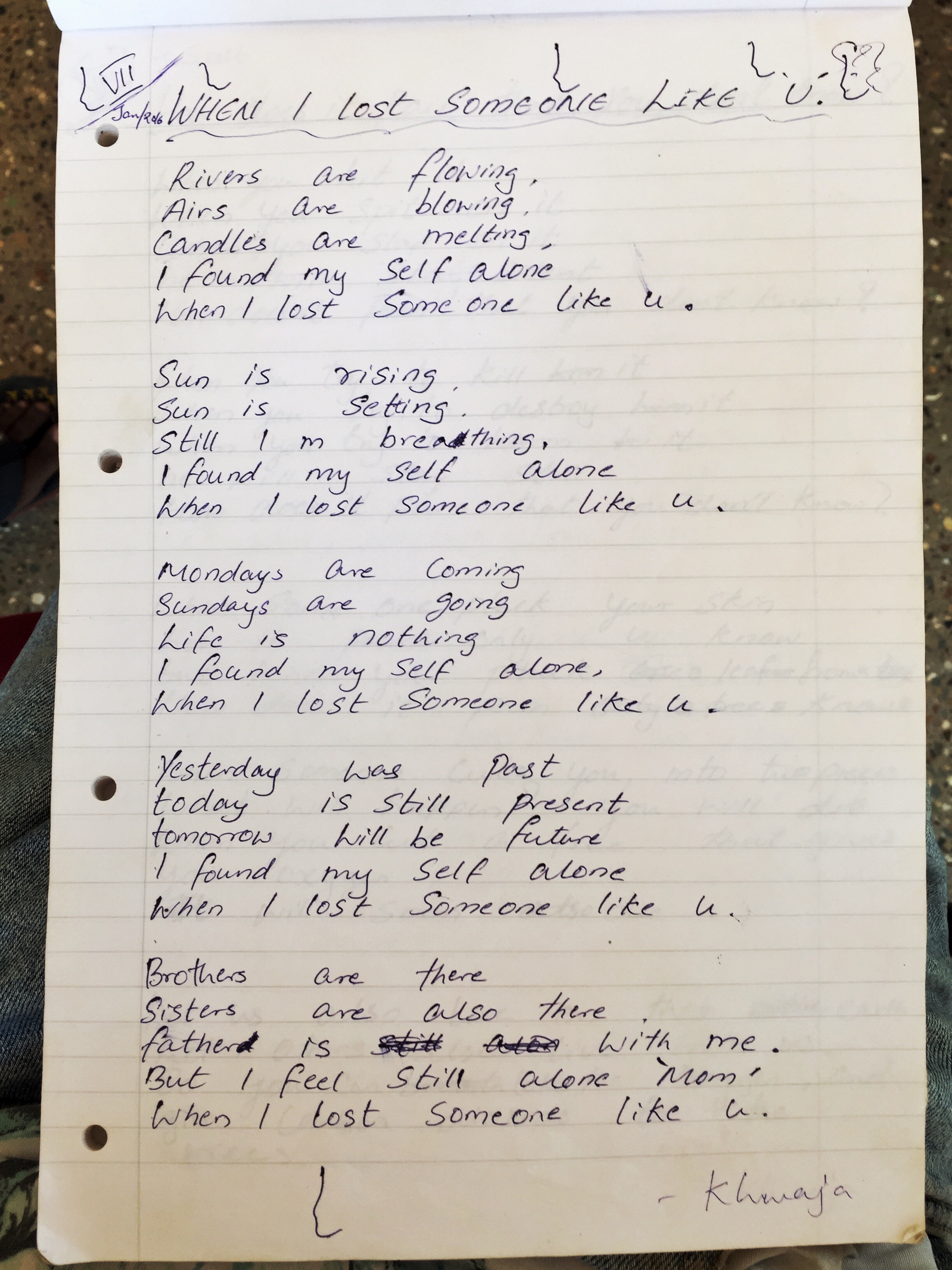 As I sat there working my way through the lines, I began to slow down my reading, realising that this was the heart-breaking genius of an orphan. Each verse was pulsing with emotion, carefully thought-through and penned onto the regular blotter. It took everything within me to stifle my tears. I asked Khwaja where his mother was and he explained what happened in 2006, ten years before the poem was written, when his mum passed away. He remembers very little of her, as he was only four when she died, but he remembers her face smiling at him when she took him shopping in their home city of Mumbai.
As I sat there working my way through the lines, I began to slow down my reading, realising that this was the heart-breaking genius of an orphan. Each verse was pulsing with emotion, carefully thought-through and penned onto the regular blotter. It took everything within me to stifle my tears. I asked Khwaja where his mother was and he explained what happened in 2006, ten years before the poem was written, when his mum passed away. He remembers very little of her, as he was only four when she died, but he remembers her face smiling at him when she took him shopping in their home city of Mumbai.
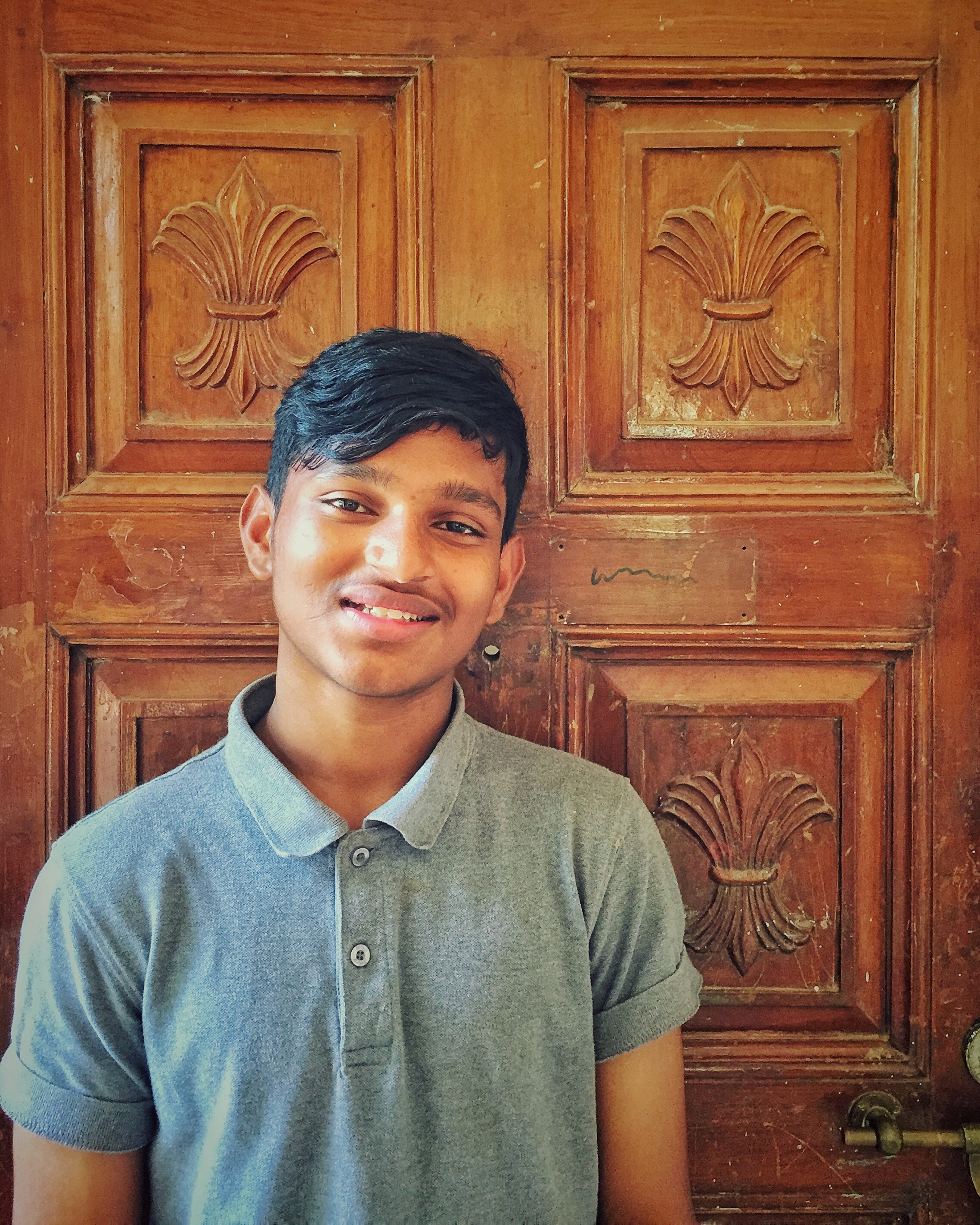 Yes, Khwaja has a home now. Yes, he has a thorough education. Yes, he has 100 brothers and sisters and a father and mother at BLC. But there’s a longing when you lose a parent that nothing and no-one can satisfy. Poetry is just one of many ways to express that longing, to put it out there into the void. Maybe someone will read it and it will give voice to their own thoughts. Maybe no-one will read it and it will stay a beautiful expression of something deeply personal for Khwaja. Either way, it’s an expression. Something beautiful that needs saying. Something spiritual that needs embodying.
Yes, Khwaja has a home now. Yes, he has a thorough education. Yes, he has 100 brothers and sisters and a father and mother at BLC. But there’s a longing when you lose a parent that nothing and no-one can satisfy. Poetry is just one of many ways to express that longing, to put it out there into the void. Maybe someone will read it and it will give voice to their own thoughts. Maybe no-one will read it and it will stay a beautiful expression of something deeply personal for Khwaja. Either way, it’s an expression. Something beautiful that needs saying. Something spiritual that needs embodying.
I hope it reaches you.
Sidenotes:
- I’d like to do something with Khwaja’s poetry that may be financially beneficial for him. If anyone knows anyone in publishing, please contact me.
- This blog entry is not a begging bowl, however, if you feel compelled to give, you can do so via this JustGiving link or send an email to hello@willadammusic.com and I can provide my UK bank details.
- In the past two weeks I have started writing six new songs.
- *Junior boys, senior boys, and girls. The central government is pressing BLC to open another girls home, so the girls can be split into junior and senior.
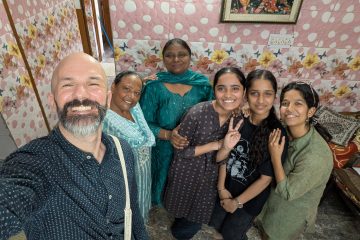
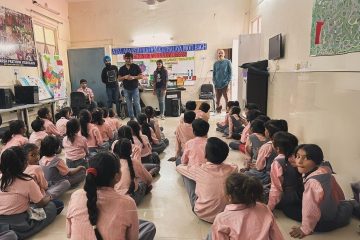
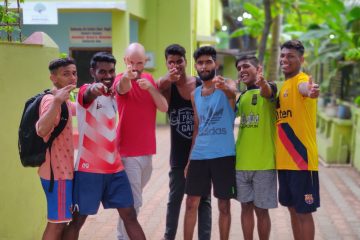
0 Comments